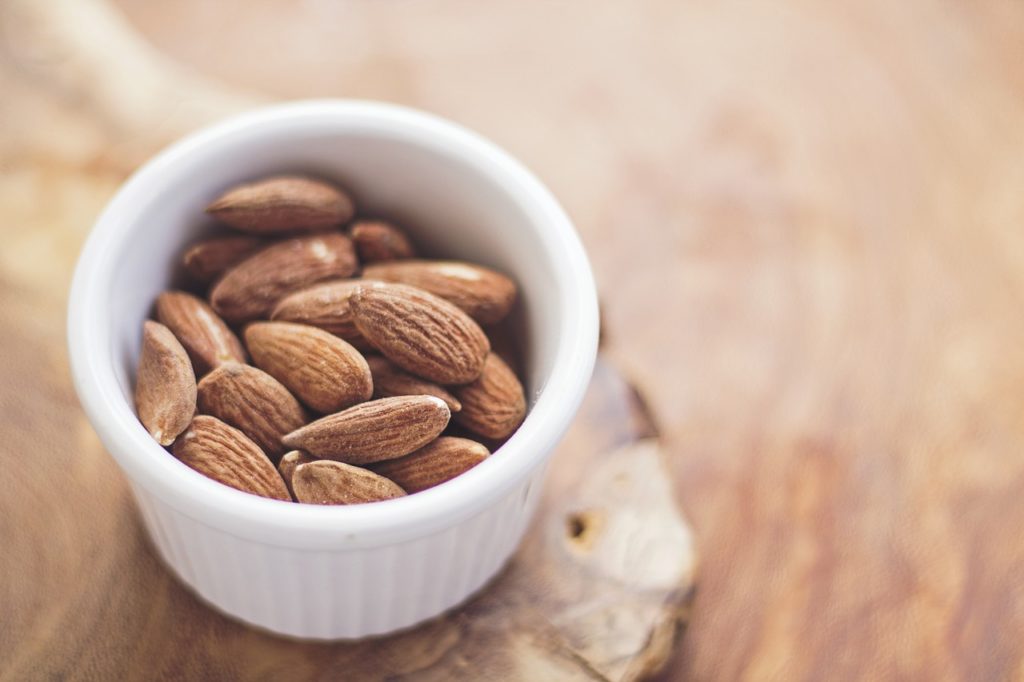Yes, your thyroid function can influence what your cholesterol levels are doing…
In fact, the American Association of Clinical Endocrinologists, and the American Thyroid Association recommend screening for hypothyroidism in patients with newly diagnosed with high cholesterol or high triglycerides prior to starting a lipid-lowering agent e.g. a statin, however only about 50% of individuals have their thyroid function tested.
Thyroid hormones regulate triglyceride and cholesterol levels; additionally they play an important role in the the way the liver maintains homeostasis of fats. Thyroid hormones can increase the activity of liver enzymes that lower fats leading to lower LDL’s.
If the thyroid is running slow and sluggishly, as it does in hypothyroidism, it cant remove cholesterol leading to high cholesterol levels.
Conversely, the opposite is seen in hyperthyroidism, where the thyroid is working too fast, thus clearing cholesterol out of the body very quickly, leading to abnormally low levels of cholesterol; while this may sound like a good thing it actually isn’t as we need cholesterol to make hormones.
Research shows that when the thyroid is functioning properly in individuals with hypothyroidism, their cholesterol goes down. A systematic review and meta-analysis of 12 RCT’s clinical trials involving 940 participants observed clear benefits of taking T4 (a thyroid hormone) in reducing lipids in patients with subclinical hypothyroidism. This reduction in high cholesterol levels is important as it also reduces the risk of disease which is often higher in individuals with thyroid issues.
So if your high cholesterol is due to hypothyroidism, improving thyroid function (by improving levels of T4 & T3) is both going to help reduce your cholesterol while also manages the cause of the high cholesterol. And obviously, it is a much safer approach than taking many of the cholesterol medications available.




